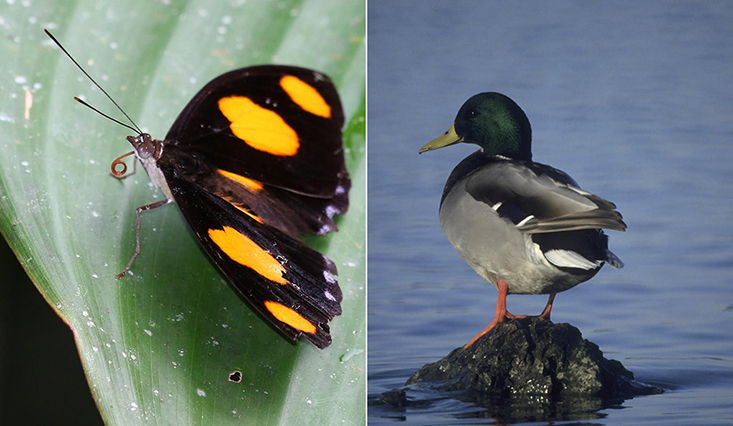ST. PETERSBURG, FL – CMS Professor Frank Muller-Karger coauthored a study presenting a better way to monitor species biodiversity on our changing global planet.
Written By: Kendall Teare, Yale News
A group of international experts has developed a much-needed framework to significantly improve the monitoring of status and trends of species worldwide. This finding comes after a multi-year collaboration under the auspices of the Group on Earth Observations Biodiversity Observation Network (GEO BON).
Their report is now published in Nature Ecology & Evolution.
Changes to biodiversity are already happening with severe potential consequences to all species, including humans, the researchers say. The loss or invasion of a single species can dramatically alter the function of an entire ecosystem, explained Walter Jetz, lead author and Yale professor of ecology and evolutionary biology and of forestry and environmental studies.
Yet, current information about how and where species populations are changing on the planet remains “woefully inadequate,” according to study co-author Melodie McGeoch of Monash University, Australia. It lags far behind scientists’ monitoring of other aspects of environmental change, she explained.
